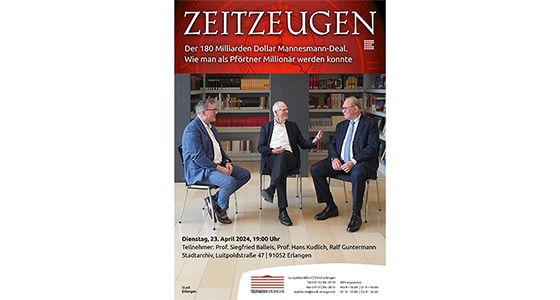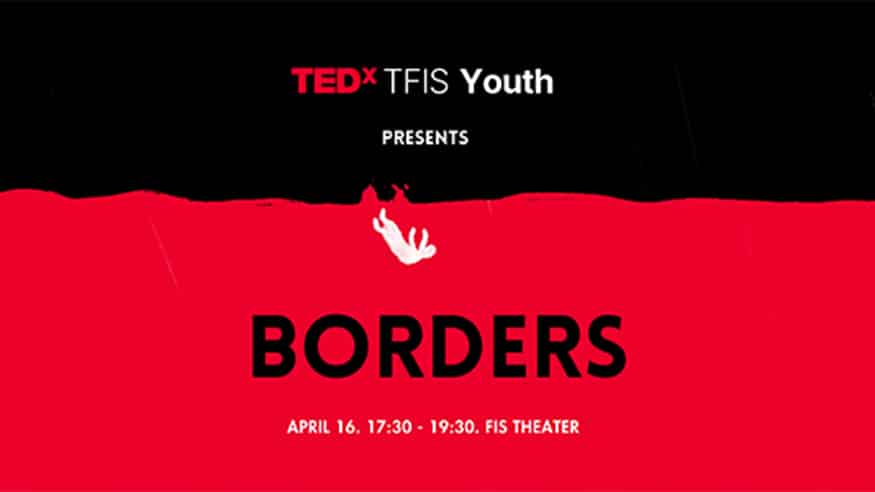At each school’s heart are the students – individuals as they are and not as we would like them to be. As such, they have the right to be taken seriously as distinctive individuals with inviolable dignity that must be respected and protected. Blick über den Zaun (Look Over the Fence) mission statement places individual students’ encouragement and challenge in focus. We reflect on the recent visit from the Look Over the Fence organization with Dr. Christian Hoffmann, Assistant Head of School – Curriculum.
FIS: In the light of the recent Look Over the Fence visit, how do we at the FIS approach an understanding of how students think and learn?
Christian Hoffmann: For this recent visit, we chose the implementation of our school’s definition of high-quality learning as the focus for reflection and discussion. This definition was created as part of the current strategic plan of the FIS. It puts emphasis on four pillars of what makes good learning at our school: that learning is taking place in authentic contexts so that students can relate the learning to their own individual lives and cultures; that learning is inquiry-based, putting the students in the driver seat for their own learning, encouraging them to discover the world with their own agenda; that learning is focused on creativity, encouraging students to find their own ways to express the outcomes of their learning and share it with others; and that learning goes hand in hand with critical thinking, allowing students to reflect on their own learning and the learning of others, questioning their own approaches and the approaches of others.
What these four pillars have in common is the focus on the individual student, their interests, their cultural background, and their individual goals for the future. The Look over the Fence network with its principles and guiding statements is very sympathetic to such an approach. It seemed an obvious choice to ask them for their critical yet collegiate feedback. We believe that their views are providing invaluable insight of our strengths, but also of the areas we might want to develop further.
FIS: Why is differentiated teaching crucial to meet individual students’ potential and how do we live this at the FIS?
Christian Hoffmann: Any group of students is a group of individuals. The only one common parameter is that they are (more or less) of the same age. Yet, they develop at different rates at different times, both physically and mentally. They come from a large variety of cultural and linguistic backgrounds. They have grown up and spent time in different regions of the world, producing a wealth of different experiences. They arrive as the children of parents who are likely to cover a wide spectrum of possible views on the modern world.
All of this needs to be taken into account in preparing learning opportunities for students, not only to meet their individual needs – even more importantly to realize the amazing potential their individual backgrounds have for the learning of others in the group. Differentiating, therefore, means scaffolding and removing potential barriers from learning (linguistic, cultural, intellectual and many others). At the same time, differentiating also means to constantly provide opportunities for students where they can reflect and build on their own experiences and share it with others. Especially in international schools, differentiation must be at the heart of all we do. Not surprisingly, our chosen curricular frameworks (IPC for the Primary school, IB MYP and DP for the Secondary school), emphasize differentiation as an essential approach to teaching.
FIS: What views have our visitors shared with us about their observations with respect to our implementation of high quality learning at the FIS?
Christian Hoffmann: Our visitors provided us with a document that summarizes their discussions and findings. They shared it with us and it can be accessed here (in German). If you are interested in the full recording of the feedback session please reach out to . I will offer a short summary of their most important findings:
- Learning within authentic contexts: A rich variety of opportunities was observed, ranging from History making connections between current affairs and historical conflicts; outdoor learning linking classroom with experiential work; forums such as Global Perspectives where students can articulate their views and engage critically.
- Learning with a focus on inquiry: Experiments conducted by students; arts students following their own developed routes of exploration; bridging the gap between theory and practical application in design lessons. Possible way to think and develop further: What role do team competencies play especially in inquiry projects?
- Learning leading to creativity: Performing arts encouraging students to develop their own performances; personal projects determined by students’ own interests; school premises (especially main building) are designed in such a way that creative expression is encouraged and supported. Possible way to think and develop further: How can we further include parents in the celebration of these creative products?
- Learning that encourages critical thinking: Assessment is designed for learning, it encourages critical reflection on how to improve; a wide range of different feedback formats is observable in many lessons, encouraging students to take ownership and feedback on their learning; personal learning goals especially in Primary school encourage students to reflect on their learning and behavior from the start of their learning journey. Possible way to think and develop further: How are students new to the school introduced to this culture of critical thinking and reflection?
This visit has certainly confirmed many of the things we are doing well. At the same time, it has provided us with great starting points for further developments. Further, it has forged new connections between colleagues from different schools who are now keen to come back (in person) and have a closer look, sharing experiences and approaches. We are experiencing these collegiate exchanges with colleagues from German schools as an amazing enrichment of our perspectives and approaches and we are very grateful for the time and energy they invested to provide us with meaningful feedback – to encourage and further our own learning. Last but not least, this visit has been a very good example of how our school’s definition of high quality learning is also a good guide for our own learning as an organization!





